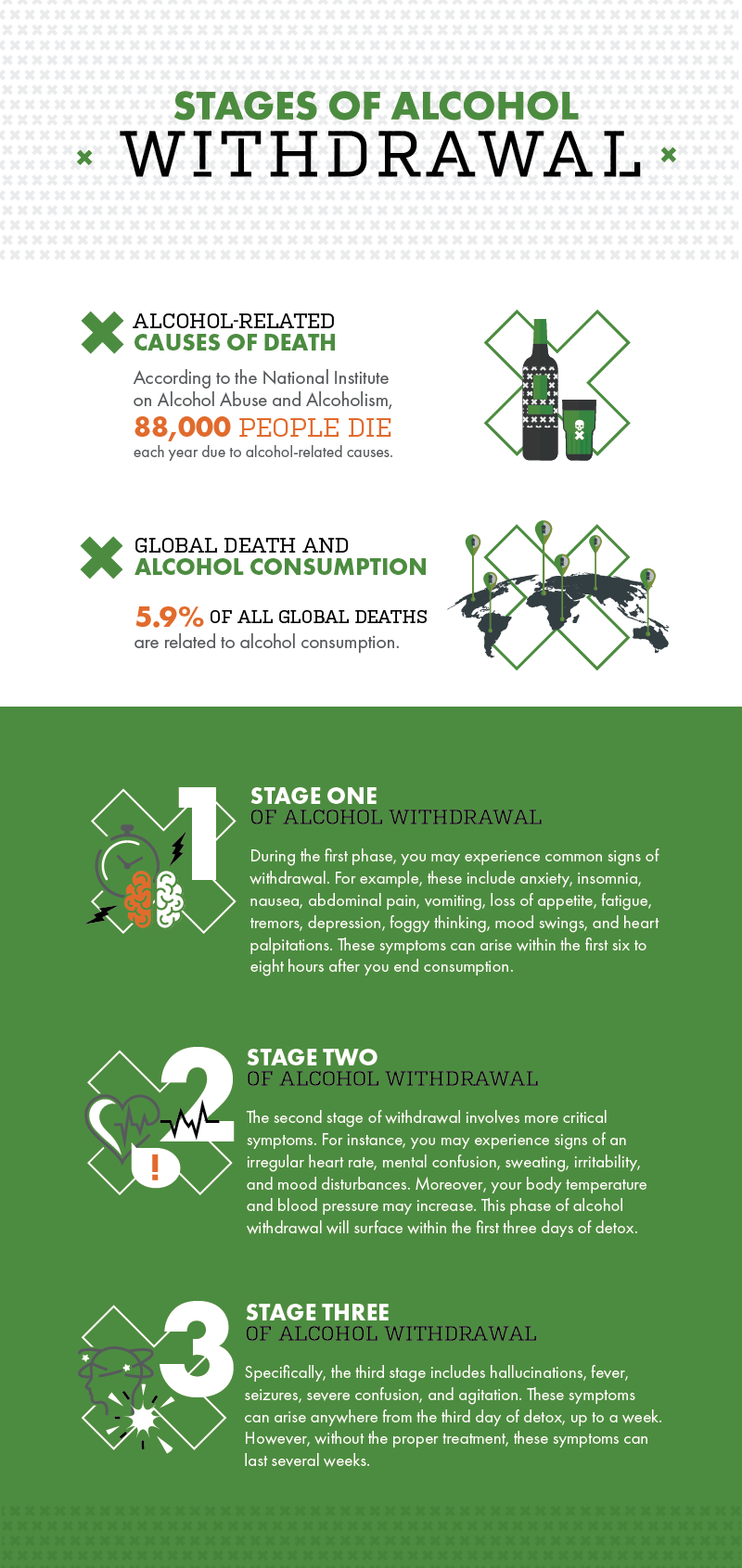Keen To Explore The World Of Therapies In Drug Rehabilitation? Unwind The Diverse Methods And Their Effect On Healing In This Insightful Overview!
Keen To Explore The World Of Therapies In Drug Rehabilitation? Unwind The Diverse Methods And Their Effect On Healing In This Insightful Overview!
Blog Article
Content Develop By-Skov Daugaard
Have you ever wondered about the diverse variety of therapies offered in Drug rehab programs?
From Cognitive-Behavioral Therapy (CBT) to Experiential Therapies, each approach offers distinct advantages for people on the path to healing.
Comprehending just how these therapies job and their efficiency could be the secret to locating the most ideal therapy for your particular requirements.
Cognitive-Behavioral Therapy (CBT)
When going through Drug rehab, you'll likely run into Cognitive-Behavioral Treatment (CBT) as a vital element of your treatment plan. CBT concentrates on aiding you determine and alter negative idea patterns and habits that may contribute to your compound use.
Via CBT, you'll collaborate with a specialist to test and reframe these thoughts, learning much healthier coping devices and strategies to take care of yearnings and activates. This therapy equips you to develop abilities to prevent regression and keep soberness in the long term.
Group Counseling and Support.
As you advance with Drug rehab, participating in Team Therapy and Assistance can offer you with important common guidance and motivation in the direction of your healing trip.
In these group sessions, you have the opportunity to connect with others that are encountering comparable battles, cultivating a sense of camaraderie and understanding. Sharing experiences, paying attention to others' stories, and getting comments in a risk-free and encouraging atmosphere can help you feel less alone in your trip in the direction of soberness.
Furthermore, https://zenwriting.net/marcel5robert/discover-just-how-therapy-plays-an-important-duty-in-drug-rehab permits you to pick up from others' point of views and techniques for handling food cravings and causes. Is Drug Addiction A Mental Illness CA and support from both peers and experts in these sessions can be a powerful motivator in conquering barriers and staying dedicated to your recovery goals.
Experiential Therapies.
Participate in hands-on activities that promote self-discovery and psychological expression through Experiential Therapies in Drug rehab. These treatments concentrate on energetic engagement to aid you discover and resolve underlying problems contributing to drug abuse.
Right here's just how Experiential Therapies can profit you:.
- ** Art Treatment **: Usage creative expression to process feelings.
- ** Horse Treatment **: Engage with steeds to discover depend on and interaction.
- ** Adventure Therapy **: Take part in outside obstacles to build confidence and teamwork abilities.
- ** Songs Therapy **: Make use of songs to improve psychological wellness and communication.
- ** Drama Treatment **: Act out scenarios to check out and solve conflicts.
These hands-on techniques can enhance typical treatment methods, providing you special methods to heal and grow throughout your recovery trip.
https://www.usmagazine.com/celebrity-news/pictures/everything-john-mulaney-has-said-about-drug-addiction-recovery/ .
So, now you have a far better understanding of the different types of therapies provided in Drug rehabilitation.
While you might be unconvinced about the efficiency of treatment, bear in mind that each person reacts in different ways and what benefit one might not work for one more.
By exploring Is Drug Addiction A Disability CA , you can discover the support and tools you require to effectively conquer addiction and live a much healthier, better life.
Keep an open mind and give treatment a possibility - you may be surprised by the positive impact it can have on your recovery trip.
